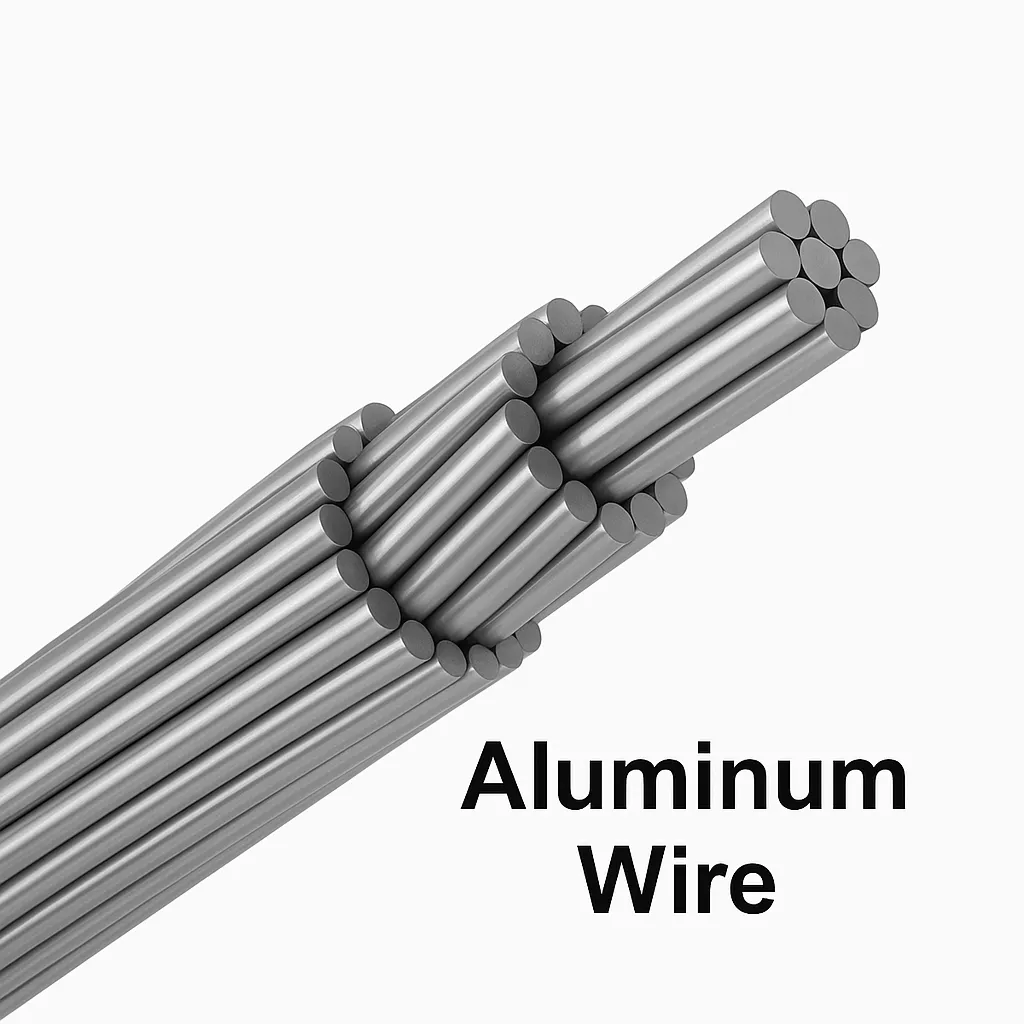Time: 2025-06-03 14:26:33 Source: Henan Province Jianyun Cable Co., Ltd.
Selecting the right armoured cable supplier is critical to ensuring safety, reliability, and cost-effectiveness in electrical installations. A reputable supplier must demonstrate strict adherence to international standards, robust manufacturing capabilities, and excellent customer support to meet diverse project requirements. By evaluating factors such as product quality, technical certifications, logistical capacity, and post-sale services, project managers can mitigate risks associated with cable failures, downtime, and regulatory noncompliance.
Ensure the supplier holds recognized certifications such as ISO 9001, ISO 14001, and OHSAS 18001, which demonstrate adherence to quality management, environmental, and safety standards. Additionally, confirm that their products meet relevant industry standards like IEC 60502, BS 5467, and NEC Article 320 for armoured cables, which guarantee performance under specified voltage, temperature, and mechanical stress conditions. Certification bodies such as UL, CSA, and CE further validate compliance, reducing the risk of using substandard or non-approved materials in critical infrastructure projects.

High-quality armoured cables typically feature conductors of pure copper or aluminum, cross-linked polyethylene (XLPE) insulation, and steel wire or steel tape armour to provide mechanical protection and electrical integrity. Verify that the supplier uses XLPE insulation with low dielectric loss and robust thermal properties to withstand continuous operation at elevated temperatures without degradation. Check for additional features such as low-smoke, zero-halogen (LSZH) jackets, UV resistance, and chemical resistance for installations in tunnels, industrial facilities, or outdoor environments.
Confirm that the supplier operates modern production lines with sufficient capacity to handle your project volume, whether requiring standard lengths or customized configurations (e.g., specific conductor stranding, armour level, or color coding). Inquire about their typical lead times, production schedules, and the ability to expedite orders during peak demand periods to avoid installation delays. Suppliers with multiple facilities or local warehouses can often provide faster turnaround and buffer stock availability, minimizing the risk of project postponements due to supply chain disruptions.
A competent supplier should offer comprehensive technical assistance during cable selection, installation guidance, and troubleshooting support to ensure correct handling and termination practices. Access to detailed datasheets, installation manuals, and on-site training sessions enhances installation quality and reduces the likelihood of premature failures. After-sales services such as warranty terms, field inspections, and responsive customer service channels contribute to long-term reliability and peace of mind throughout the cable’s lifecycle.
While price is an important criterion, avoid choosing solely based on the lowest bid, as this may indicate inferior materials or suboptimal production methods. Evaluate total cost of ownership by considering warranty coverage, expected service life, and potential savings from reduced downtime or maintenance. Some suppliers offer value-added services such as on-site cable testing, thermal imaging surveys, or field repair kits, which can significantly enhance system reliability and reduce operational expenses.
Assess the supplier’s distribution network, freight partners, and ability to handle international shipments, customs clearance, and inland transportation to your project site. Confirm if the supplier provides real-time order tracking, reliable packaging to prevent mechanical damage during transit, and temperature-controlled handling if required for sensitive insulations. Local stocking distributors or regional warehouses can reduce lead times, shipping costs, and the risk of delays in remote or high-demand locations.
Investigate the supplier’s track record through customer testimonials, independent reviews, and third-party audit reports to gauge reliability and consistency. Request case studies or reference projects that demonstrate successful implementations in similar environments, such as industrial plants, infrastructure projects, or offshore facilities. Engage with local industry peers or engineering consultants for unbiased recommendations and to validate the supplier’s performance history before making a final decision.